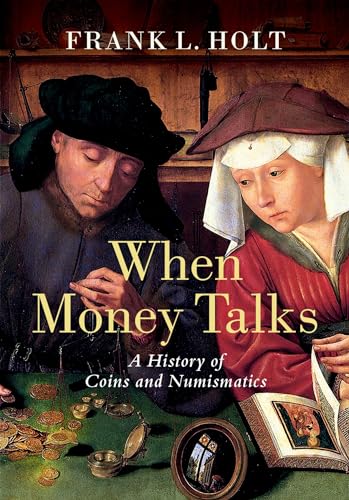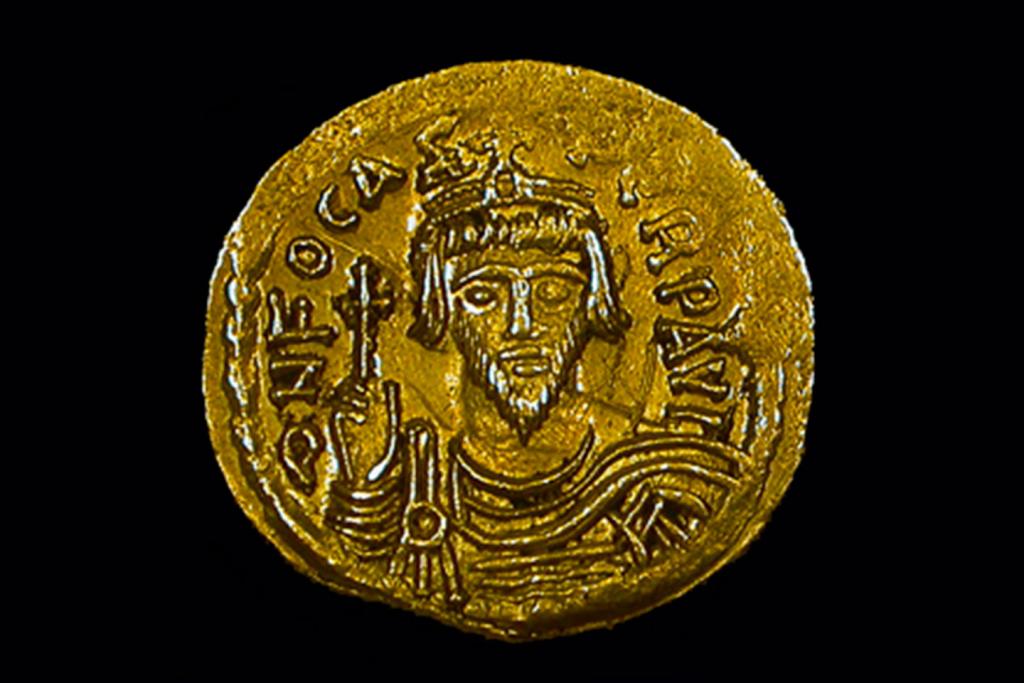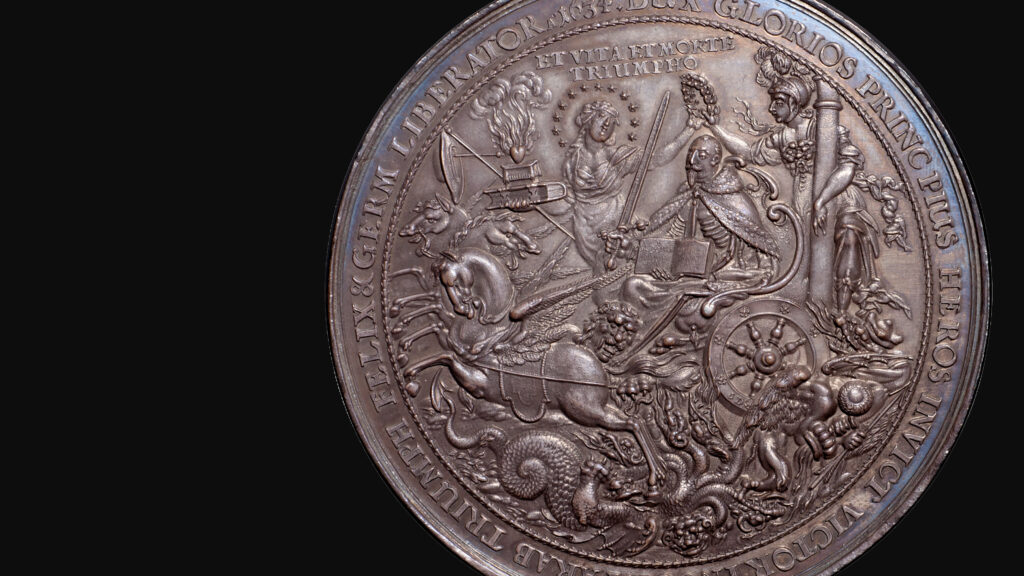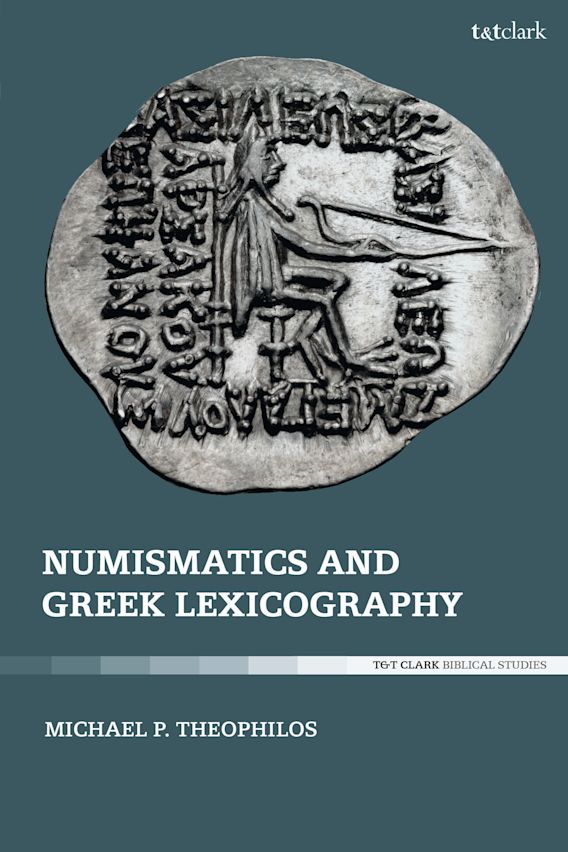Great Tips On Selecting Lira And Currency Appraisal
Great Tips On Selecting Lira And Currency Appraisal
Blog Article
What Can I Do With A Numismatics Database To Investigate Global And Regional Association?
This is a method that can be structured to conduct this type of research. This is a method that can be structured to do such research. Academic databases and repositories, such as JSTOR offer access to proceedings of conferences and academic articles.
Define Research Focus: Specify your research objectives. Do you want to learn more about the history and activities worldwide numismatic associations and regional collaborations, or conferences, publications or specific numismatic topics discussed by these organizations? Make sure you know what your goal is to help direct your search.
Search Strategy: Make use of keywords such as "numismatic associations," "global numismatics," "regional numismatic societies," and also include specific names of associations or geographical regions if relevant. You can filter results of searches by the type of document, the date (such conferences papers or newsletters from associations), and geographic scope.
Get information on international and regional numismatic societies, including their purpose, history and membership. Also, access details on publications and other activities. Look up information on previous or forthcoming conferences, research collaborations, and workshops. Find out more about the members of an organization as well as their leaders and how to reach them.
Analyze: Analyze your data to gain a more understanding of the regional and global numismatic associations' role and impact. Analyze the ways in which these associations help the growth and diffusion of research in numismatics publications, international collaborations, and international collaborations.
Cross-References: Confirm information by with multiple sources or databases. Compare the initiatives and activities carried out by various associations in order to get a complete picture of numismatic trends at the regional and global levels.
Documentation. Record your findings from research, citing each source and detailing the method you employed. Take note of the information in the databases you used and the search terms you used and the significance each source has to the research question you are trying to answer.
Keep yourself updated: Numismatics groups are constantly evolving. These include new publications, collaborative projects, and conferences. Updates on websites of associations, newsletters, research databases, and association websites will keep you updated with the latest in global numismatics.
Databases can be utilized in a way that is efficient using these methods. This method lets you study the structure of an organization as well as the scholarly activities and collaborative efforts which define the field of numismatics on a global as well as the regional level. View the recommended more about currency history for website tips including coin rarity, commemorative, banknote magazine, yen, numismatic investment, german coins, peso, yen, coin rarity, coin mold and more.
How Can I Search Numismatics For Exhibitions & Show Events By Using An Online Database?
To conduct research about exhibitions and shows in numismatics you'll need to make use of databases that have information about numismatic events, such as exhibitions, conferences and other events. For conducting such research, here's how to do it:Database selection: Choose databases that specialize in numismatic events and shows. Websites from major numismatic groups such as the American Numismatic Association or online platforms that offer global numismatic event listings.
Define Research Focus: Specify your research objectives. Are you seeking out forthcoming and past numismatic shows, conferences on the subject, regional coin shows, themed exhibitions or educational events? Make sure you know what you want to find in your research.
Search strategy: Use keywords to search for "numismatic" exhibitions and events, "coin shows", "numismatic conferences". If you are able to, you can also include the event's name or location. It is possible to use advanced search tools to filter results based on the type of event, such as exhibitions and conferences, or by geographic regions.
Find information about recent and forthcoming numismatic exhibitions and events. Find out the dates of the events, their places and the organizers, any themes or special collection that will be featured in the event, along with exhibitor participation and publications. Search for databases that offer virtual tours or access to exhibit materials in digital format.
Analyze: Analyze your data to discover the subjects, educational goals and trends of Numismatic shows and events. Analyze how various exhibitions and shows contribute to the public's awareness of numismatics. encourage exchange of knowledge and highlight significant collections.
Cross-Referencing - Verify the accuracy of your research by comparing information from different databases, event listings and official websites. This ensures the accuracy of your research and complete, giving you an entire overview of numismatic activities around the world.
Documentation: Record your findings in a systematic manner including citations to sources and highlighting the methodologies employed. Provide the databases you utilized, the search term(s) and the relevance each source has to your question.
Keep yourself up to date Numismatics events are constantly changing and new shows, exhibitions and conferences being scheduled regularly. Stay up-to-date by keeping track of updates from the organizations, numismatic societies and databases for specialized events.
By following these steps, you can effectively utilize databases to study the numismatics of shows and exhibitions. This method allows for a thorough study of the many exhibitions and numismatics across the world, their educational value, as well as their academic contributions. Take a look at the top rated do you agree on commemorative for more info including coin release, antique banknotes, coin design, coin blank, coin pressing, coin catalog, zloty, federal reserve, antique banknotes, banknote expo and more.
How Do I Use The Database To Look Up Numismatics With Regards To Legal Experts?
Investigating numismatics in relation to experts in the field of law requires using databases that concentrate on numismatic law, regulations governing coinage and currency and legal precedents relating to numismatic disputes, and research papers on the legal aspects of numismatics. The following is a step-by-step guide to conducting this type of study: Database selection: Select databases that specialize in legal research and numismatic law. Additionally, select journals that focus on aspects of law in the numismatic field. Some examples include legal research platforms, like Westlaw or LexisNexis as well as numismatic law journals, as well as publications of the numismatic society.
Define Research Focus: Specify your research objectives. You might be interested in the legal guidelines for coinage and currency. Numismatic disputes. Regulations regarding coin production and circulation. or legal definitions of ownership and authenticity. Find out what you're trying to find in order to aid your exploration.
Search Strategy: Include particular legal concepts like ownership or authenticity in your search. You can also include cases from the past. Utilize advanced search options to filter results by the date, region (national or international), and legal topics relevant to numismatics.
Data Collection: Get access to relevant legal precedents and legislative documents. Gather details such as case summaries, legal analyses as well as interpretations of statutes pertinent to the case and historic perspectives on legal issues related to numismatics.
Analyse the data and understand the difficulties that numismatics face. Explore how legal frameworks affect numismatic transactions, collection administration, authentication processes and international trade in numismatic items. Compare the legal interpretations of various jurisdictions.
Cross-Referencing: Check your findings by cross-referencing data across a variety of databases, courts, legal journals, and academic publications. This is a great method to make sure you're conducting precise and thorough research. You will also have a clear understanding of the legal scene in Numismatics.
Documentation. Record your findings in research papers by citing the sources you used and noting the methodology. Note the details of the databases used, keywords used to search, and the importance of each source to your research questions.
Keep updated Legal and numismatic interpretations evolve with legislative changes and judicial decisions. Stay up-to-date by checking updates in legal databases, numismatic publications and numismatic society updates concerning legal developments.
By following these steps, you'll be able to effectively make use of databases to research the field of numismatics with respect to legal experts. This technique allows for a thorough investigation of legal frameworks as well as challenges which are related to the field of numismatics. Additionally, it provides insight on the legal issues that govern the collection and coinage. Read the top coin series for site info including banknote society, coin, coin edge, currency appraisal, coin expo, antique coins, currency history, coin history, coin pressing, bullion and more.
How Do I Access An Online Database To Conduct Study Regarding Numismatics As Well As Educational Institutions
If you are interested in numismatics research as it relates to educational institutions and institutions, you can utilize databases that focus on academic programs. Also, look for research initiatives and publications. Here's a method to conduct research in this area: Database Selection: Select databases that specialize in museums, academic institutions, and scholarly publications. Examples include library catalogs from universities journals, academic databases (like JSTOR), museum databases (such as those offered by museums that offer numismatic collections) as well as institutional repositories.
Define Research Focus: Specify your research objectives. You might be interested in knowing more about numismatic courses, studies carried out by educational institutions, numismatic collection maintained by museums or academic institutions affiliated, or research papers written by experts in numismatics. Determine the purpose of your research.
Search Strategy: Use words like "numismatics courses," "academic research in numismatics,"" "university museums with numismatic collections," and also include specific geographic areas or institutions when appropriate. Use advanced search features to sort results by dates, academic disciplines (history, archaeology, classical studies) and type of publication (articles. dissertations. catalogs).
Data Collection: Get information about numismatic classes and research projects, as well as museums collections, as well as scholarly publications from educational institutions. Collect information such as course syllabi as well as abstracts of research and museum catalog entries and publications written by faculty or researchers specializing in numismatics.
Analysis: Analyze your data to better understand the research and academic contribution of institutions that teach the study of numismatics. Analyze the range of the numismatic classes offered, multidisciplinary approaches to numismatic research, the significance of museum collections to advance numismatic scholarship, and contributions to the literature on numismatics.
Cross-Referencing: Confirm your research findings by cross-referencing data across multiple databases, university websites museums collections, as well as academic journals. This ensures accuracy and completeness in your research. You will also get more understanding of the way that the education sector can be involved in the field of numismatics.
Documentation: Be sure to document your research findings in a structured manner, including the sources used and the methods employed. Provide the databases you used and the search term(s) and the relevance each source offers to your query.
Numismatic education and research programs continue to develop, with new research projects and publications. Updates on university websites, museum announcements, as and academic journals will keep you apprised of the most current developments in numismatics.
Databases can be used to study numismatics in schools and universities by following these easy steps. This method allows for a thorough study of the educational opportunities as well as research contributions and scholarly endeavors that shape the study and appreciation for numismatics at the museum and university settings. Read the top rated https://zlatemince.cz/ for more advice including banknote history, banknote show, bank, shekel, gold coins, banknote marketplace, coin history, federal reserve, coin mintmark, slovak coins and more.
How Do I Use A Numismatics Database To Find Networking Opportunities?
When conducting research in numismatics that is focused on networking, it's crucial to utilize databases as well as other platforms. They will allow you to connect with collectors, dealers researchers and other enthusiasts. Here is a methodological way to conduct such research: Database selection: Select platforms or databases that specialize in networking opportunities in the numismatic field. These include websites that are numismatic and online communities (such as CoinTalk or Reddit's r/Coins), professional networking platforms and social media networks.
Define Research Focus: Specify your goals for networking. Are you looking to connect with collectors to exchange information and experiences, collaborating with dealers on sales or acquisitions, working with scholars for research, or participating in numismatic-related events and conferences? Clarify your interests to help guide your research.
Search Strategy: Use keywords such as "numismatic networks," "coin collecting forums" or "numismatic groups on social media" and, if necessary include geographical regions or areas of interest. Search functions on platforms to locate forums, groups and events.
Data Collection: Access to information about the opportunities for networking within numismatic groups. Data collection: Access information about networking opportunities within the numismatic community.
Analyze the data to discover potential networking channels and opportunities. Examine the level of engagement within groups and forums as well as the range of the participants (collectors, dealers, scholars) and the frequentity of updates and discussions and the potential for professional or academic collaborations.
Cross-Reference your findings using cross-referencing to compare information from different databases such as websites for the numismatic society and other social media groups. This ensures you identify comprehensive networking opportunities across different areas and platforms.
Engagement: Participate actively in your networks of choice Contributing to discussions, providing insights, answering questions, and sharing your knowledge. To expand your reach, connect with fellow numismatic collectors, dealers, or experts.
Documentation. Keep track of your networking activities by capturing the platforms, groups as well as the events and contacts you made. Document and track the opportunities that you have explored, and the results you obtained through networking.
By following these steps, you can effectively make use of databases to research numismatics in relation to networking opportunities. This method will enable you to create your personal or professional numismatic community, which can be used for collaborations, information exchange and participation in numismatic gatherings. See the top rated discover more about banknote storage for blog tips including currency authentication, coin album, coin value, banknote authenticity, currency authentication, coin rarity, forint, banknote, coin club, silver coins and more.